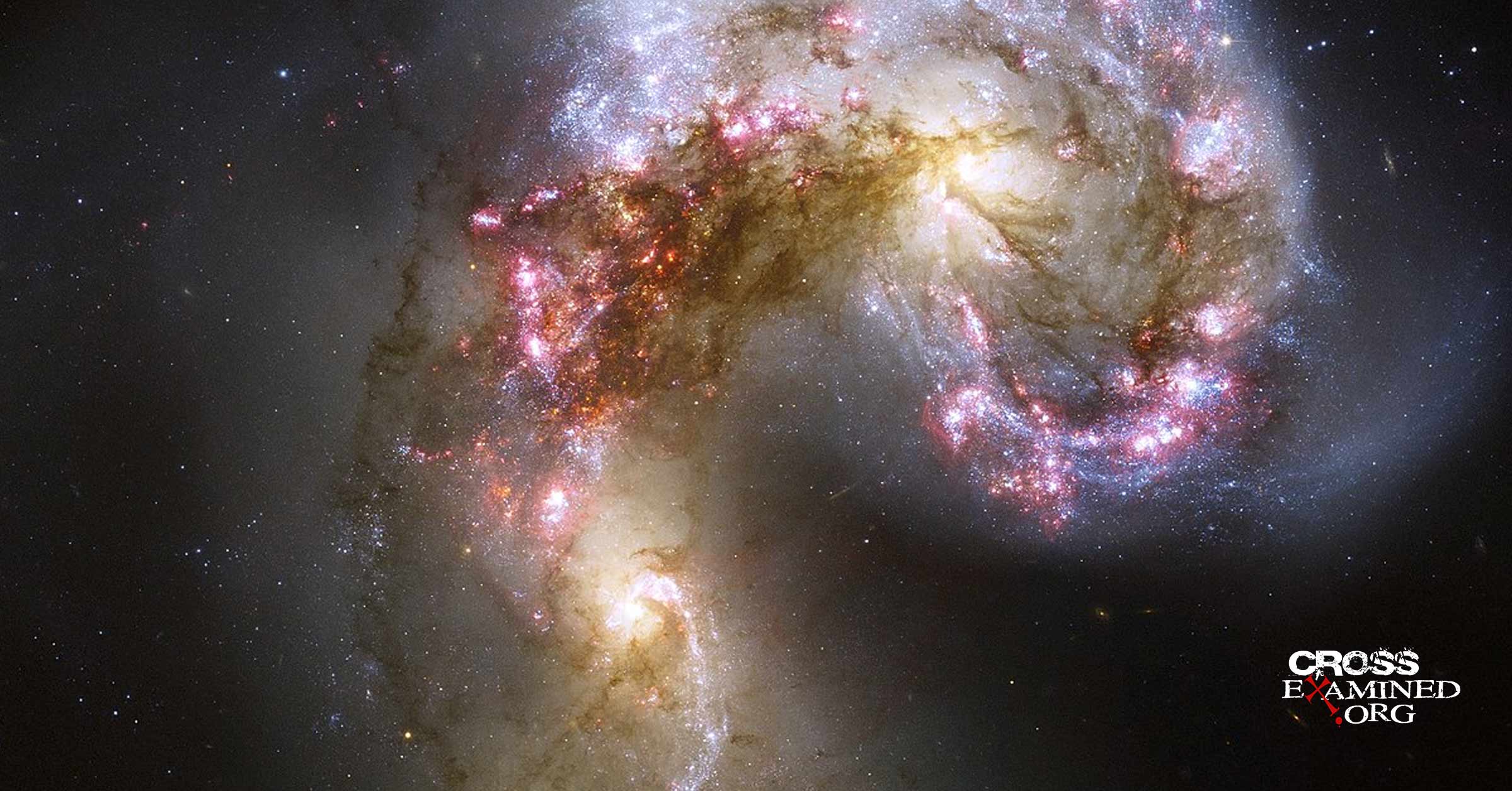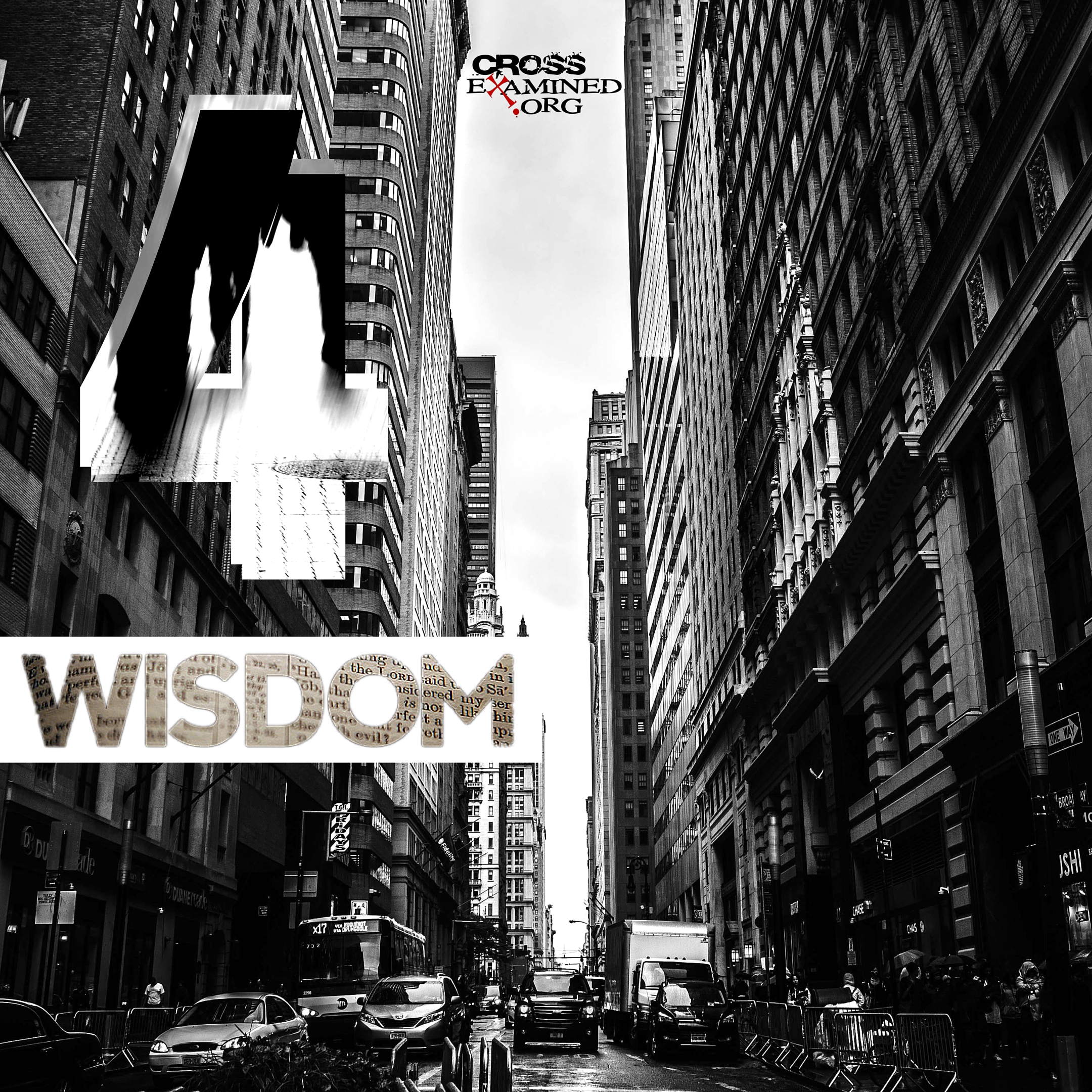Is missionary work full of “cultural imperialism and insane arrogance?”
John Allen Chau’s death has sparked questions about the morality of Christian missions. Is missionary work full of “cultural imperialism and insane arrogance?”
Unless you’ve been living under a rock, by now you’ve heard about the death of John Allen Chau. The 26-year old missionary traveled to a remote Indian island in hopes of sharing his faith with an isolated and uncivilized tribe called the Sentinelese. This group was known for their aggression towards outsiders and even fired arrows on his approaching boat. Unmoved, Chau made it to the island only to have been killed the next day. To avoid conflict with the Sentinelese, local authorities have given up trying to recover his body.
Chau’s death has sparked a lot of debate about the morality of Christian missions. Let’s just say that the reaction has not been all that empathetic. Social media have called him all kinds of names. Some have even made him the subject of some pretty appalling and mean-spirited memes.
The press has also chimed in. Many have raised questions of arrogance and imperialism. Here’s just a little sampling:

“This was an act of cultural imperialism and insane arrogance…” — Janet Street-Porter, The Independent
“There is no question that this attempt to make contact was totally wrong and a major violation of their human rights to autonomy. Outsiders need to respect their wishes and treat them with dignity as fellow human beings. Respect means we don’t assume to know better how they should live.” — John Bodley, anthropologist, quoted in The New York Times
“Those who seek to change their culture, their gods or their beliefs are practicing a form of violence. Perhaps people will only understand this when extraterrestrials arrive here and try to evangelize us with their gods and doctrines.” — Sydney Possuelo, Brazilian explorer, quoted in The New York Post
Was Chau “a violator of human rights?” Are Christian missionaries practicing a “form of violence?”
If your smug-detector is working, you’re probably picking up on some thinly veiled arrogance in statements like these. There are some hidden assumptions going on here.
First, these statements assume some sort of religious relativism. Either all religions are equally valid paths to God. Or none of them really are, but people ought to be left alone to determine the truth for themselves.
Furthermore, these statements assume that Christians are wrong about the uniqueness of Christ.
It seems like that in our day the only heresy is to say that religious truth can be exclusive. This runs cross-grain against the message of the early church. Before the Sanhedrin, Peter said:
“Jesus Christ of Nazareth, whom you crucified but whom God raised from the dead…Salvation is found in no one else, for there is no other name under heaven given to mankind by which we must be saved.” (Acts 4:10–12)
If there is no resurrection, then all Christian missionaries are wasting their lives.
St. Paul is the paradigm of Christian missionaries. He traveled all over the Greco-Roman world, spreading the gospel to people who never heard about Jesus. He tried to convert Jews, and he tried converting idol-worshipers. He said he had an obligation to the civilized and the savage. (Romans 1:14) And he had a lot of success, but he also experienced great persecution.
In his letters and in the Book of Acts we read about what hardship he endured. He was in and out of prison. He was repeatedly whipped, beaten with rods, was once stoned and left for dead. He survived three shipwrecks trying to take the gospels to other nations. (2 Corinthians 11:23–27) And he eventually was beheaded by the Romans.
Was Paul some kind of crazy, arrogant imperialist? What were his motives? Paul himself said:
“If we are “out of our mind,” as some say, it is for God; if we are in our right mind, it is for you. For Christ’s love compels us, because we are convinced that one died for all, and therefore all died. And he died for all, that those who live should no longer live for themselves but for him who died for them and was raised again.” (2 Corinthians 5:13–15)
Now if the resurrection of Jesus isn’t historical, and if the religions of those he preached to were as equally valid as his, then what he did was wrong. We can say with confidence he wasted his life. Paul himself said as much:
“I face death every day — yes, just as surely as I boast about you in Christ Jesus our Lord. If I fought wild beasts in Ephesus with no more than human hopes, what have I gained? If the dead are not raised, “Let us eat and drink,
for tomorrow we die.” (1 Corinthians 15:30–32)
Now, I’m not at all saying Chau is a modern-day Paul. I’m not in a position to judge his motives or the wisdom of his actions. Other people who understand the complexity of world missions have weighed in, and I’ll defer to their expertise. But what I will say is that he seemed to be motivated by love to share what he believed to be true and important. That’s not arrogance and imperialism. That would be the true motive of any missionary or evangelist.
If we’re arrogant for thinking what we believe is true, then we’re all arrogant.
Think about it for a second. If you say Christianity is evil because it’s exclusive, you too are being exclusive. By making saying something is immoral you’re excluding it by calling it evil. The whole arrogance charge simply backfires. How can you not believe what you think is true?
Allow me to illustrate with a moral analogy. If you believe in global warming and others don’t, does that make you arrogant? You could believe based on the evidence you’ve examined. Or you could believe on the authority of others you trust.
That would make you, in some sense, an exclusivist. In your mind, those who doubt global warming would be believing something false and even harmful. You might even become a climate change “evangelist”. You’ll encourage others to use renewable energy, weatherize their homes, drive hybrids and stump for certain kinds of legislation. You’ll want to share with people the evidence you’ve heard. I mean, the planet depends on it. It’s a big deal. Those beliefs do not make you arrogant, imperialistic or disrespectful.
If there’s evidence for the resurrection — and I believe that there is in spades — then sharing the gospel can’t possibly be arrogant or imperialistic. Considering the implications of the Gospel, the Christian sharing this would be no worse than the outspoken environmentalist.
Christians who don’t share their faith are the real moral failures
You probably have heard of Penn Jillette. He’s best known for his work with fellow magician Teller as half of the team Penn & Teller. He’s also a very outspoken atheist. In an interview, he said that Christians who don’t share their faith are the ones who have a real moral problem. Quoting Penn:
“I’ve always said that I don’t respect people who don’t proselytize. I don’t respect that at all. If you believe that there’s a heaven and a hell, and people could be going to hell or not getting eternal life, and you think that it’s not really worth telling them this because it would make it socially awkward — and atheists who think people shouldn’t proselytize and who say just leave me along and keep your religion to yourself — how much do you have to hate somebody to not proselytize? How much do you have to hate somebody to believe everlasting life is possible and not tell them that?
“I mean, if I believed, beyond the shadow of a doubt, that a truck was coming at you, and you didn’t believe that truck was bearing down on you, there is a certain point where I tackle you. And this is more important than that.”
This is what real tolerance looks like. He doesn’t agree with Christianity. But he doesn’t assume that people are jerks for sharing their faith with him. He respects their concern even if he feels they’re mistaken.
As for Chau, I don’t write to make him some kind of a paradigm of what real Christianity should look like. Yet in a day where Christians are so tight-lipped about sharing their faith to avoid being awkward, I gotta say that I at least respect his guts. What I’m getting at is that missions and Christian evangelism is not based on a lack of respect. Nor is it a form of violence against others. Rather, it would be a lack of respect and love to always remain silent.
To Explore More:
Here’s Jillette’s statement on proselytizing, if you’re interested:
And here is the famous Christian philosopher Alvin Plantinga on the topic of arrogance and Christian exclusivism:
Erik Manning is graduated of Rhema Bible Training College and is interested in the intersection of culture, evangelism and Christian apologetics. isjesusalive.com
Original Blog Source: http://bit.ly/2A2RnNU












Leave a Reply
Want to join the discussion?Feel free to contribute!